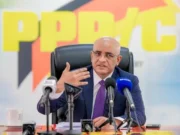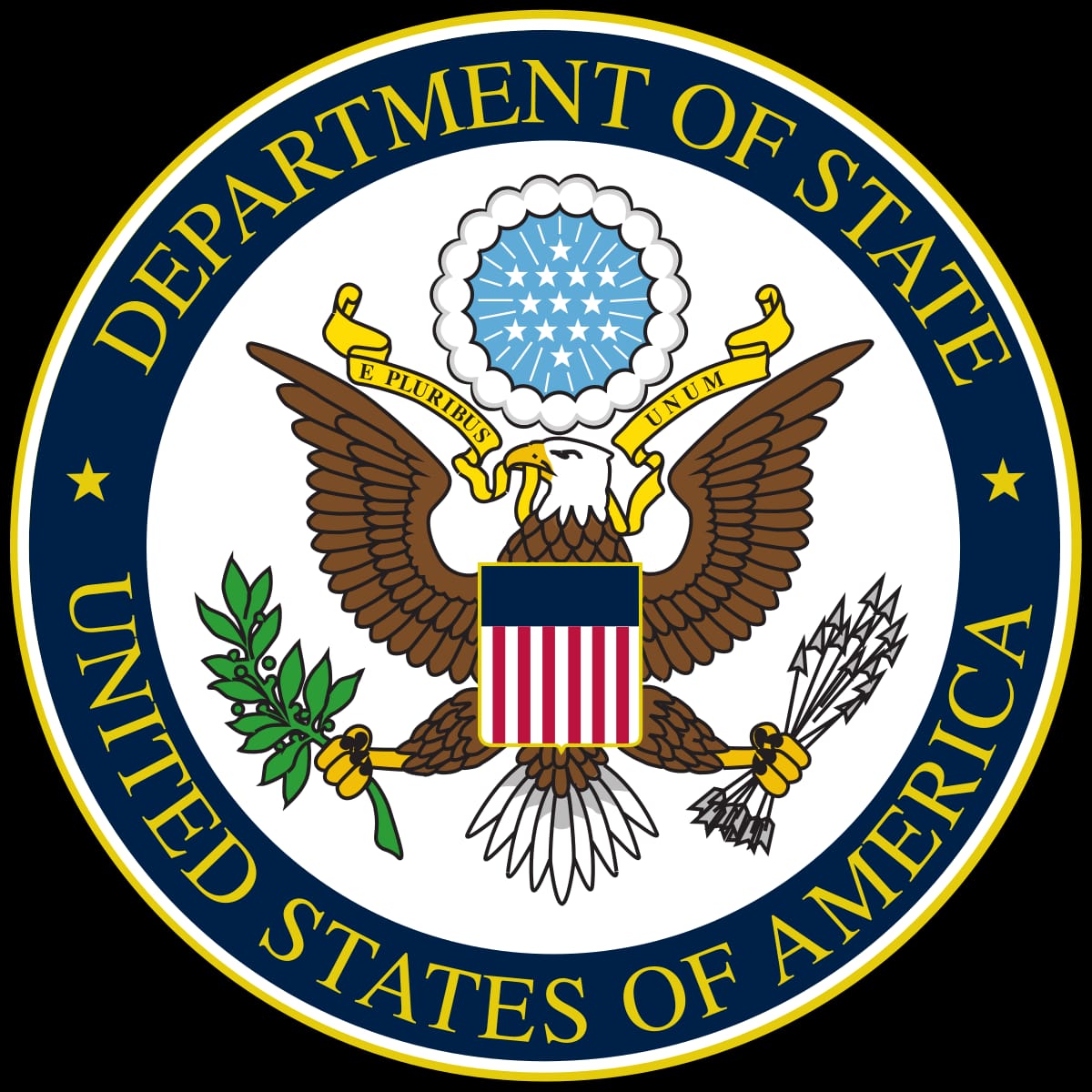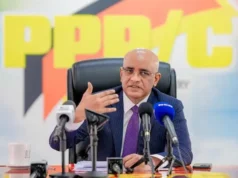Widespread public perception of corruption in the judiciary and police force is among the human rights problems facing Guyana, says the U.S. Department of State.
The Country Reports on Human Rights Practices for 2019, which were recently released by the Department, chronicled this and other human rights violations in Guyana.
“There remained a widespread public perception of corruption involving officials at all levels, including the police and the judiciary. Corruption by police officers was frequent. There were no reports the government prosecuted any members of the police force during the year,” the report said.
While the report noted that there were isolated reports of government corruption during 2019, it did not elaborate; it, however, said that government officials responded to these reports.
It also said that the law provides for criminal penalties for corruption by officials, and the government generally implemented the law effectively.
Turning its attention to financial disclosure by public officials, the U.S. State Department said that the law [Integrity Commission Act] requires public officials to declare their assets to an Integrity Commission and sets out both criminal and administrative sanctions for nondisclosure.
“If a person fails to file a declaration, the daily newspapers and the official gazette can publish that fact. Failure to comply with the law can lead to a summary conviction, fines, and imprisonment for six to 12 months. If property is not disclosed as required, the magistrate convicting the defendant must order the defendant to make a full disclosure within a set time.”
The U.S. Department of State, however, pointed out that although the Integrity Commission was reconstituted in February 2018, after a 12-year hiatus, it did not appear to be “fully functional.”
“No publications or convictions occurred during the first 11 months of the year [2019],” the Department stressed. The last publication by the Integrity Commission in the gazette was last month when it cited over 12 government and opposition parliamentarians for failing to provide particulars of their financial affairs for the period July 01, 2017 to June 30, 2018.
Earlier this year, incumbent President David Granger was even named among the defaulters, failing to comply with the stipulated deadline of May 20, 2019. In fact, in May, 2019, the President stated that he was yet to submit all of his declarations to the Commission.













